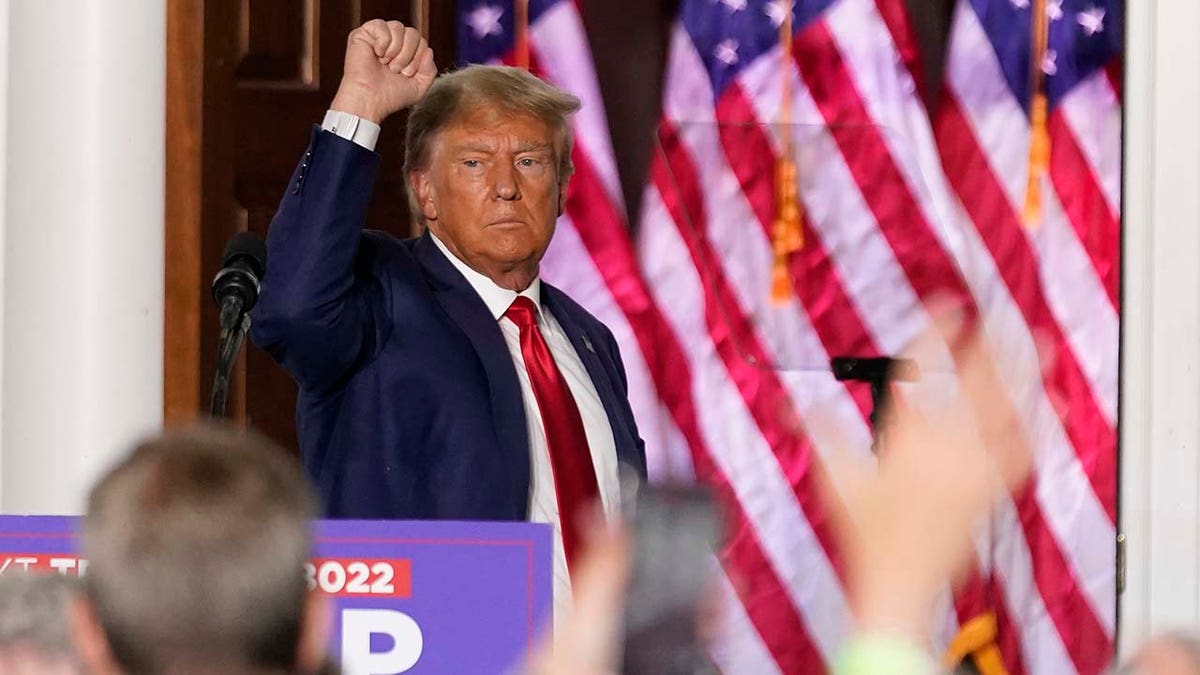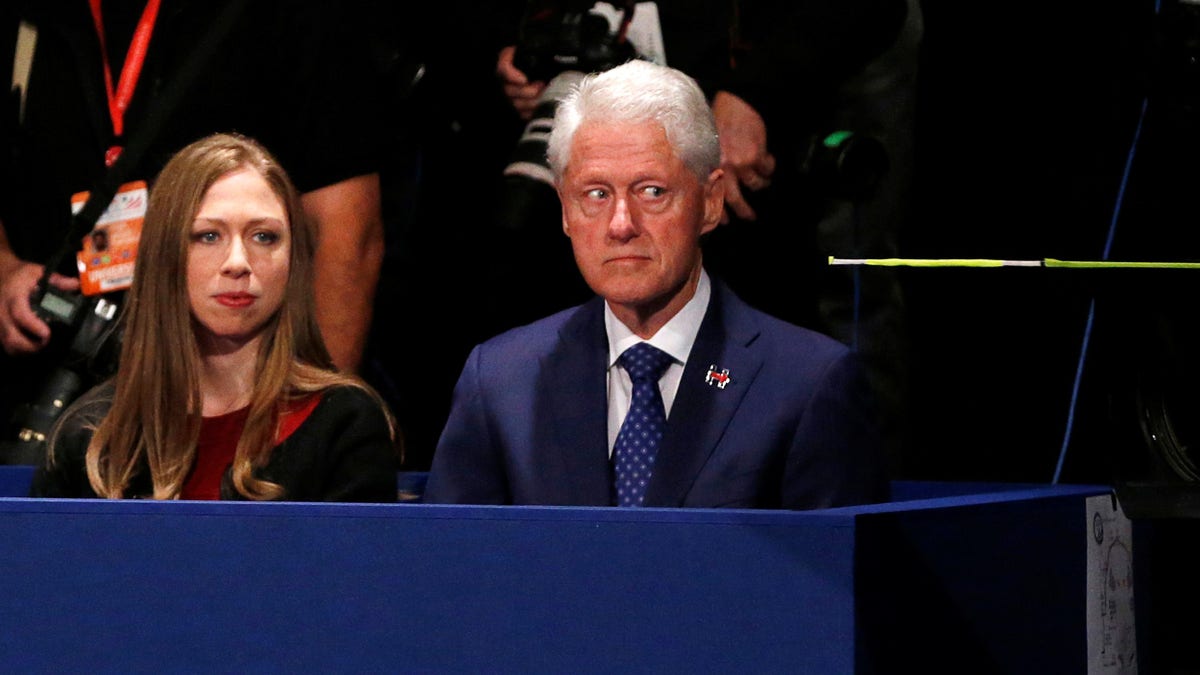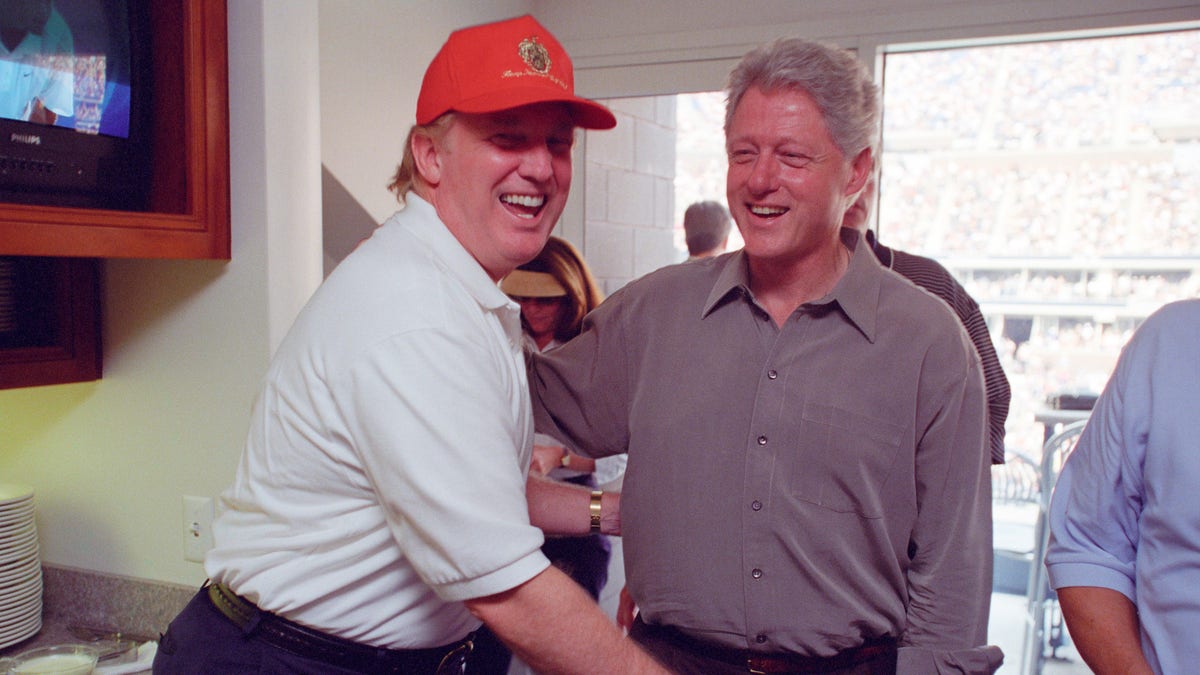Former Reagan administration official and current commentator Mark Levin has raised concerns about the legal basis of President Trump's indictment. He argues that the indictment's reliance on the Espionage Act of 1917 is misplaced, and the Presidential Records Act of 1978 should be the focus, citing a precedent set by an Obama-appointed judge in a case involving former President Bill Clinton.
Levin highlighted the 2010 "Clinton Socks case," where Judicial Watch sued for access to presidential audiotapes Clinton retained after leaving office. These tapes covered sensitive topics like potential CIA director dismissals, foreign policy decisions, and NAFTA negotiations. Judicial Watch argued the tapes were public records under law.

Judge Amy Berman Jackson ruled that a president has significant control over presidential records while in office. Levin emphasizes that the president embodies the executive branch and possesses inherent authority. He contends this precedent, established by an Obama appointee, is relevant to Trump's situation but has been ignored.

Levin asserts that the focus on the Espionage Act circumvents the Clinton Socks precedent under the Presidential Records Act. He criticizes the Justice Department's approach and questions the expertise of legal commentators discussing the case.
He points out that the Espionage Act has never been used against a president, citing the case of Socialist Party candidate Eugene V. Debs, imprisoned under the act during Woodrow Wilson's presidency. Levin draws parallels between Wilson's and Biden's actions, alleging both used the Espionage Act against political opponents.


Levin also notes that other presidents, including Bill Clinton and Lyndon Johnson, have retained classified materials after leaving office. He mentions Trump's criticism of George W. Bush for similar actions, though Bush's brother Jeb dismissed these claims. Levin's argument centers on the idea that the Presidential Records Act, and the precedent set by the Clinton Socks case, should be the primary legal framework for evaluating Trump's situation, rather than the Espionage Act.
Comments(0)
Top Comments